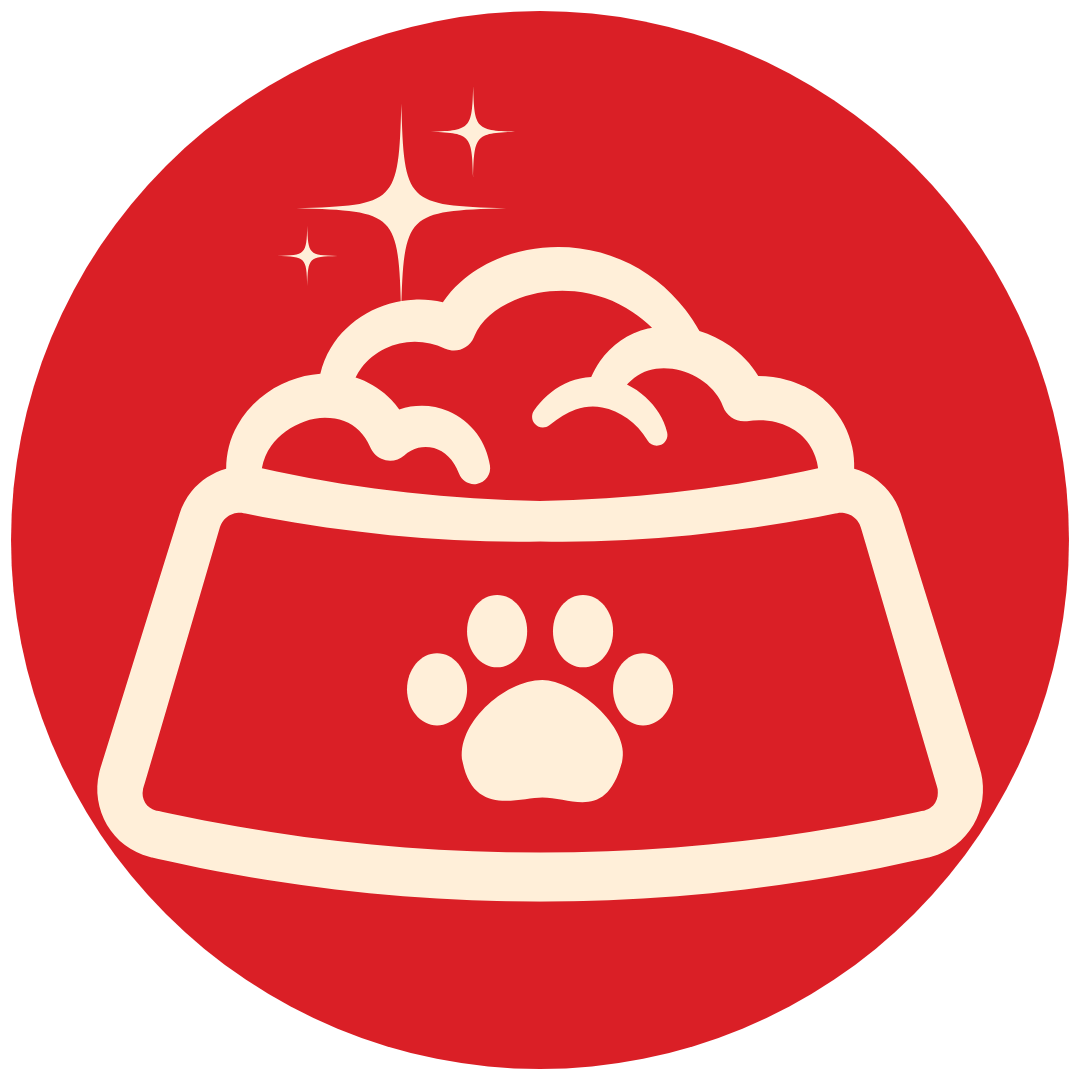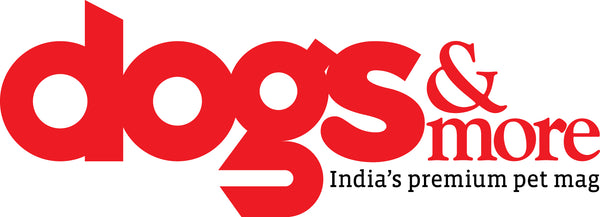
“My dog is happy, so I think his stomach must be fine… right?”
We hear this a lot. From our community. From friends. Sometimes, even from experts.
But over the last few years, I’ve learned that a happy tail doesn’t always mean a healthy gut.
Building Wiggles, I’ve seen pets who looked perfectly okay on the outside, until they stopped eating, had recurring loose motions, or started showing unexpected behavioural issues. And each time, it led back to one place: the gut.
Gut health isn’t just digestion. It’s immunity, energy, mood, even skin. It’s the silent engine behind everything.
In this piece, I want to simplify this for every Indian pet parent, especially if your pet seems “fine” but you’ve felt something’s off. You’ll also hear real tips from our community, what to feed, what to avoid, and a small note on what we’ve been building to help.
Let’s dive in.
So... what exactly is gut health in dogs?
Your pet's gut is home to trillions of microorganisms, bacteria, fungi, and yeasts, that regulate digestion, build immunity, and keep inflammation at bay.
Together, this ecosystem is called the gut microbiome. Think of it as a control centre. If it’s off balance, everything else—immunity, appetite, skin, even mood, starts to wobble.
What most pet parents don’t realise is that 70% of a pet’s immunity sits in their gut.
And like humans, pets are increasingly facing issues we never saw 20 years ago—sensitive stomachs, sudden allergies, chronic itching, loose stools, foul-smelling poop, bloating, and more. Often, these aren’t random. They point to gut imbalance.
The Indian Gut Reality
Here’s what we’ve seen through thousands of conversations with Indian pet parents:
-
Pets raised in cities often have weaker microbiomes than strays or Indies raised outdoors.
-
Over-reliance on the same food for months without variation causes gut fatigue.
-
Constant antibiotics or overmedication damages healthy gut flora.
-
Homemade food, if unbalanced, can miss key nutrients that support gut health.
Common signs of poor gut health in pets:
-
Frequent loose motions or constipation
-
Vomiting or burping after meals
-
Itchy skin or dull coat
-
Foul-smelling poop
-
Loss of appetite
-
Lethargy or irritability
Gut-Friendly Foods to Add Today
You don’t need fancy supplements to start helping your pet’s gut.

Here are simple ingredients you can add (backed by research and our Wiggles Tribe community):
|
Ingredient |
Why It Helps |
|
Pumpkin |
High in fibre, helps stool formation & regular digestion |
|
Ashwagandha & Moringa |
Natural anti-inflammatories, calms the gut |
|
Curd (if tolerated) |
Natural probiotic source |
|
Boiled veggies (like carrot & lauki) |
Easy fibre, supports microbiome |
|
Prebiotics (inulin, banana) |
Feeds good bacteria in the gut |
|
Bone broth |
Heals gut lining, rich in amino acids |
Note: Always introduce new foods slowly. And every pet is different—what works for one may not for another.
🚫 But isn’t this the same as gravy?
This is one of the most common misunderstandings we see.
Wet food ≠ gravy.
In India, we’ve been sold sachets of “gravy” that are mostly sauce with a few meat shreds. But true wet food is nutritionally complete, it’s soft, moist, cooked food in its full form, not just an add-on.
It contains whole meat, veggies, healthy fats, and targeted ingredients that support digestion, immunity, and energy, without the need for refrigeration.
So... what’s the role of wet food in gut care?
Dry food has its place but most pets don’t drink enough water to balance it. Wet food gives the hydration boost dogs need, especially in Indian climates.
At Wiggles, we designed our wet food to be gut-forward:
-
Soft, cooked texture, gentle on digestion
-
Rich in prebiotics, herbs & fibre
-
No refrigeration needed, so it’s easy for daily use
-
No corn, soy, or wheat fillers
You can use it:
-
As a meal on its own
-
As a topper with dry food or homemade food
-
During gut recovery phases or after antibiotics
-
For senior or sensitive dogs who can’t chew well
If there’s one thing I’ve learned in all these years, it’s that a healthy gut is a quiet gut.
It doesn’t demand attention. It just works.
Your pet wakes up happy. Eats without fuss. Poops like clockwork. Sleeps deeply. Plays hard. Heals faster.
It’s the difference between “okay” and “thriving.”
So whether your pet is already healthy or showing small signs, know that it’s never too early (or too late) to listen to their gut.
You don’t need to change everything. Just start with small, intentional shifts. We’re always one call away to help.

We’re with you. For the poop questions. The food confusions. The midnight worries. The recovery wins.
Because pet parenthood isn’t always perfect, but it’s always better when done together.
With love,
Anushka
& the Wiggles Pack 🐾
------
🐾 Let’s Keep This Conversation Going
If this post helped you understand your pet better, you’re in the right place.
Care doesn’t have to be complicated. It just has to be honest, consistent, and full of love.
At Wiggles, we’re creating a system of care that supports you — through every meal, every question, every step of your pet’s journey.
🧡 Join the Wiggles Tribe — India’s most loved pet parent community on Facebook
🍲 Explore healthy food & treats — made for pets, and the people who love them




















